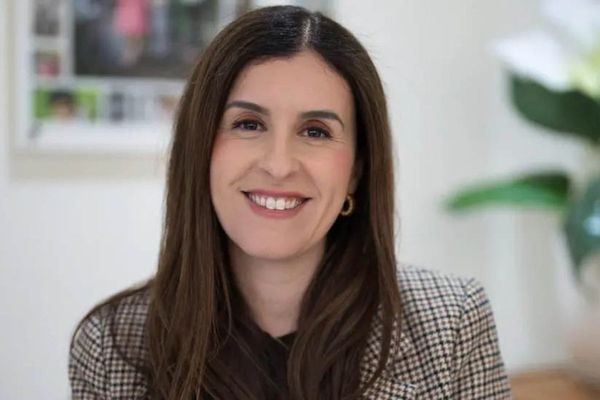
A village in Pune’s Mulshi taluka has announced the economic boycott of Muslims – except those living in the village– in a resolution termed as “a step for the protection of dharma”.
The resolution passed by Nere Dattawadi village in the first week of May claimed that the number of “extremist jihadi migrants” has been “steadily increasing” and pointed to the need for an economic boycott of the Muslim community citing the Pahalgam terror attack.
Dattatray Jadhav, the sarpanch of Nere Dattawadi village, said, “We have no issue with Muslims who have been living here for generations, but we are not comfortable allowing new Muslim individuals to settle here – we don’t know their intentions.”
He further tried to justify the resolution calling for economic boycott by citing a recent incident in Paud village, about 22 km away, where a Muslim individual was accused of desecrating a temple idol.
This is only the latest in a series of similar directives in villages across Pune district. Three other village panchayats – including in Ghotawade and Pirangut in Mulshi taluka and Garade in Purandhar taluka – have previously put up public notices prohibiting “outsider” Muslims from praying at village mosques citing “security” concerns.
The notices in Pirangut, Garade, and Ghotawade came up in April 2025, January 2025, and November 2024, respectively.
Muslim residents in these villages refused to comment on the matter citing fear.
Newslaundry reached out to the village heads of Pirangut, Ghotawade and Garade village. This report will be updated if they respond.
‘Overcrowding’ a ‘threat’ to harmony
In the last week of April, the Pirangut gram panchayat issued a public notice and put up a public notice in the village prohibiting Muslims from outside the village from offering prayers at the local mosque.




The notice claimed that all residents of Pirangut had unanimously passed a resolution in a special gram panchayat meeting to prohibit Muslim migrants, traders, and individuals from nearby villages from offering prayers at the village mosque. It further claimed that the presence of outsiders during prayer times leads to overcrowding, which could potentially disrupt the peace and communal harmony of the village.
A similar public notice was issued by villagers in Ghotawade in November last year.
Meanwhile, a public notice in Garade village in January this year said, “This is to inform all Muslim brothers coming from outside the village that, in light of past incidents and concerns about potential terrorist activities, and to ensure the security of the village, it has been decided that only resident Muslim brothers will be allowed to perform prayers in the village mosque. Outsiders are prohibited from offering prayers here.”
Aseem Sarode, a lawyer in Pune, said gram sabhas “don’t have the right to pass resolutions bringing restrictions on a particular community or religion”.
“Putting a ban on non-local Muslims or migrants to enter local mosques or villages or giving calls to boycott Muslim is totally illegal and unconstitutional,” he said. “No one has the right to pass such a resolution. Such kind of resolution is happening because of political support as rift between communities is good for the development of political parties.”
Newslaundry reached out to Pune Collector Jitendre Dudi with questions about the action that the administration plans to take against such resolutions. This report will be updated if he responds.
In times of misinformation, you need news you can trust. We’ve got you covered. Subscribe to Newslaundry and power our work.
Newslaundry is a reader-supported, ad-free, independent news outlet based out of New Delhi. Support their journalism, here.







